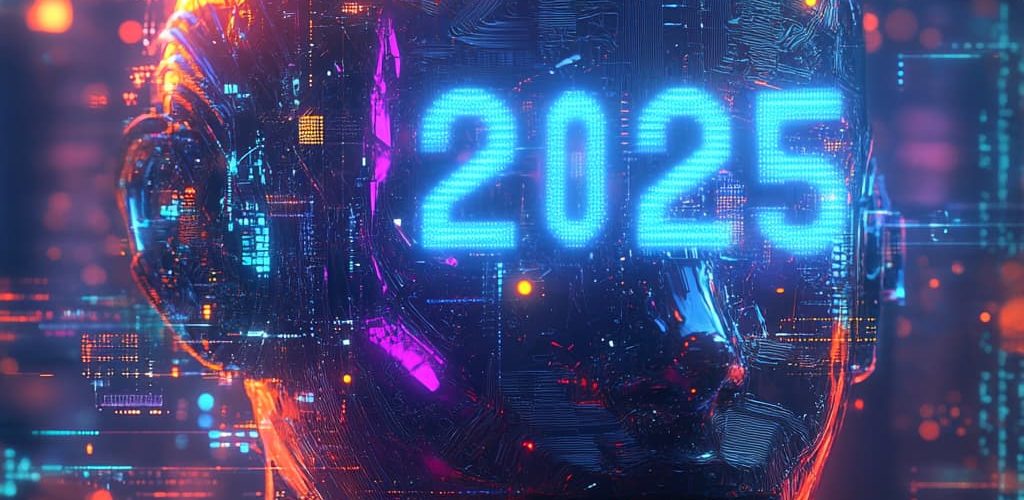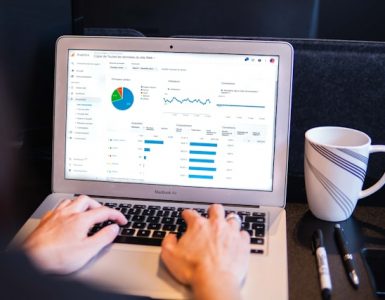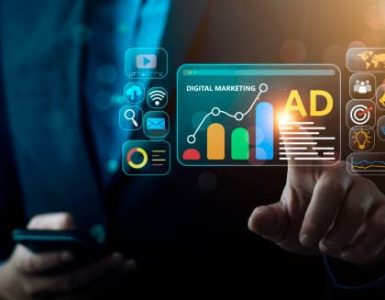Artificial intelligence (AI) is no longer a distant concept reserved for sci-fi novels or futuristic tech expos. As we enter 2025, AI has become a transformative force shaping industries, services, and daily experiences across the globe. From how we work and travel to how we communicate, shop, and even cook, AI is embedded more deeply into the fabric of everyday life than ever before.
The speed of innovation, driven by powerful AI models, smart devices, and intelligent algorithms, is changing the way society functions. This article explores the key AI-powered technology trends in 2025 and how they are integrating into virtually every sphere of life — from healthcare and education to transportation and the home.
AI-Powered Personal Assistants Evolve into Life Managers
Digital assistants like Siri, Alexa, and Google Assistant were once novelty tools for setting reminders or playing music. In 2025, they’ve become central to how people manage their time, health, finances, and relationships. Thanks to advancements in natural language processing and machine learning, today’s AI assistants understand context, tone, and even mood.
Instead of just answering questions, they anticipate needs. They schedule appointments, suggest personalized wellness routines, manage household chores, and even offer emotional support. Integrated into phones, wearables, and smart homes, AI is becoming a truly proactive partner in daily life.
The Rise of Autonomous Everything
While autonomous vehicles have been under development for years, 2025 is seeing them enter mainstream urban infrastructure. Robo-taxis now operate in over a dozen global cities, handling everything from passenger transport to food and package delivery. AI navigational systems analyze real-time traffic data, weather patterns, and pedestrian activity to ensure safety and efficiency.
Beyond cars, autonomy is expanding to air (drones for logistics and medical supply delivery), sea (automated cargo ships), and even agriculture (self-driving tractors and AI-monitored irrigation systems). The integration of AI into mobility is reducing human error, optimizing energy use, and transforming how we think about transportation.
AI in Healthcare: From Diagnosis to Personalized Treatment
The healthcare sector has embraced AI more aggressively than ever. In 2025, AI algorithms assist doctors by detecting diseases at early stages through imaging analysis, genetic data interpretation, and real-time symptom monitoring via wearable devices.
AI chatbots offer initial consultations, virtual nurses provide follow-up care, and machine learning tools help customize treatment plans for patients based on unique health profiles. Moreover, AI is accelerating drug discovery, shortening development timelines for treatments and vaccines that once took decades.
This transformation has also made healthcare more accessible, especially in remote areas where doctors are scarce. AI-powered telehealth platforms are bridging that gap with remarkable effectiveness.
AI in Education: Personalized, Adaptive, and Global
Education has undergone a digital revolution, largely enabled by AI. Traditional classrooms are being supplemented or replaced by AI-driven learning platforms that adjust to individual student needs. Whether a child is struggling with math or excelling in science, intelligent tutors adapt the curriculum in real-time, keeping learners engaged at the right level.
Language learning tools now mimic native conversation, using AI to correct pronunciation and context. Instructors are also benefiting: AI tools analyze student performance data, suggesting ways to improve instruction and flagging at-risk students for timely support.
Importantly, AI is helping close the global education gap. Cloud-based AI platforms provide high-quality, multilingual education to remote and underserved regions around the world.
Smart Homes Become Truly Intelligent
While smart home devices like thermostats and lights have existed for years, AI in 2025 is transforming houses into intelligent ecosystems. Smart refrigerators suggest recipes based on what’s inside and alert you when items are expiring. AI ovens recognize food and cook it with precision. Voice-controlled mirrors offer skincare tips based on facial analysis.
Homes now learn from routines: adjusting lighting and temperature automatically, anticipating needs like restocking supplies, or securing the home based on who’s present. Interconnectivity between appliances, wearables, and environmental sensors ensures a seamless, energy-efficient, and highly personalized living experience.
AI in Finance: Smarter Spending, Safer Banking
The finance industry has always embraced data, and AI is pushing it to new heights. In 2025, AI monitors personal finances in real-time, offering budgeting advice, flagging suspicious activity, and even negotiating bills or subscriptions on behalf of users.
Banks use AI to process loan applications faster, assess credit risk more accurately, and offer personalized investment strategies. Fraud detection systems, powered by AI, identify anomalies in milliseconds — protecting both institutions and customers.
Additionally, AI-driven chatbots have largely replaced traditional customer service, offering instant, 24/7 assistance across mobile and web platforms.
Workplaces Powered by Intelligent Systems
AI is changing not only the kind of work people do, but also how they do it. Intelligent systems now automate routine administrative tasks, from scheduling meetings to managing emails and even generating reports. AI tools support creative professionals as well — helping generate drafts, edit visuals, or even compose music.
Meanwhile, recruitment platforms use AI to match candidates with roles based on skills, culture fit, and predictive success — often reducing bias compared to human recruiters. In performance management, AI monitors engagement and productivity trends, helping organizations respond proactively to burnout and disengagement.
Remote work and hybrid models are further empowered by AI tools that facilitate collaboration, analyze workflows, and offer insights for continuous improvement.
AI Ethics and Governance Take Center Stage
With such widespread integration, ethical questions about AI’s role in society have grown louder. In 2025, organizations, governments, and communities are working to implement ethical frameworks for AI deployment. Issues like data privacy, algorithmic bias, and accountability are being addressed through policy, transparency, and inclusive design.
AI governance bodies — both national and international — are actively setting standards for development and use, ensuring AI benefits humanity as a whole. This conversation is as crucial as the technology itself.
Conclusion: AI as an Invisible Infrastructure
AI in 2025 is no longer a tool we occasionally use — it’s an invisible infrastructure shaping daily life. Its integration is seamless, intuitive, and increasingly essential. Whether it’s the way we learn, move, heal, communicate, or create, AI acts as a silent partner in our routines.
As these trends evolve, society must adapt with critical thinking, robust policies, and a shared commitment to ethical innovation. Because while AI is reshaping our world, how we choose to shape it in return will define the future of human-AI coexistence.






































